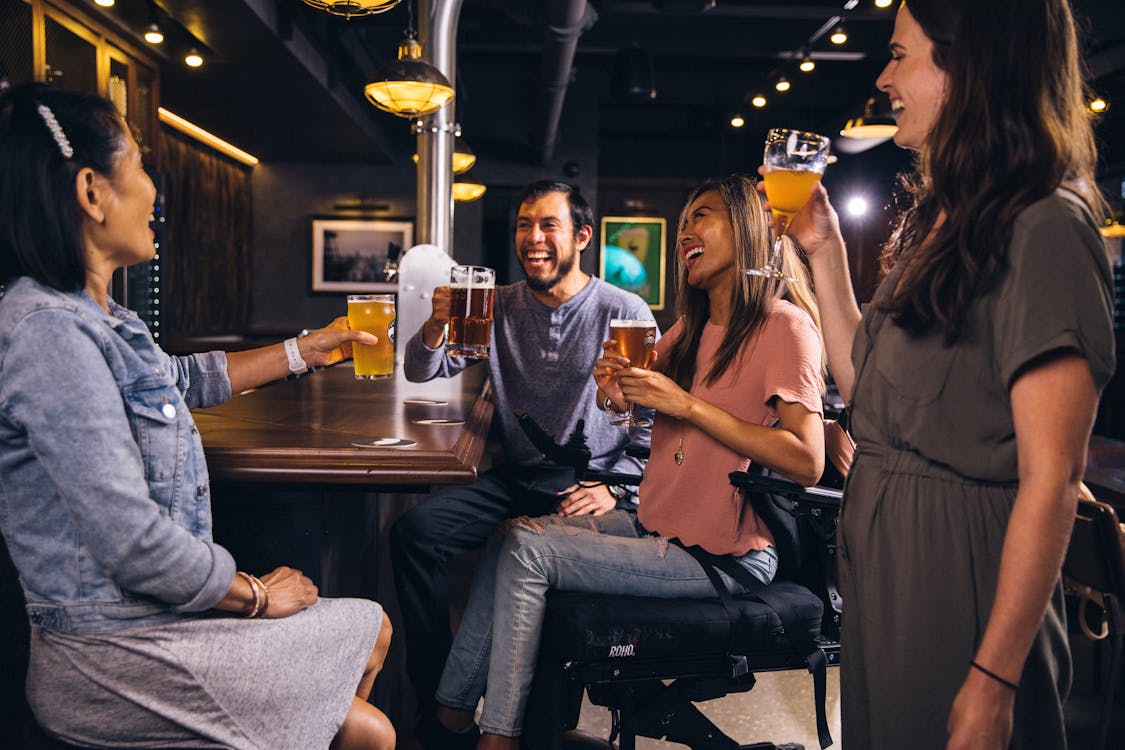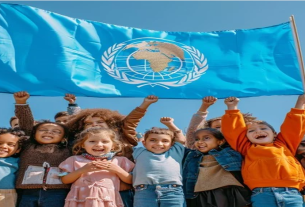As we strive for greater diversity, equity, and inclusion across the world, we must confront the critical issue of disability justice. Disability is not a peripheral issue in the fight for social justice, but a central one. Achieving true social justice demands that disability be woven into every policy discussion and that the needs of disabled individuals be fully acknowledged and integrated into efforts for civil rights, economic equality, and global equity. The struggle for disability justice is not separate from other movements; it intersects with race, gender, class, and more, as disabled people live at the crossroads of all systems of oppression. In a world where an estimated 15% of the global population lives with some form of disability, addressing these systemic barriers is a necessary step for achieving a more inclusive society for all.
The Disability Struggle Is a Global Issue
Disability affects people in all corners of the globe, cutting across all lines of race, gender, and socioeconomic status. As of recent estimates, over one billion people worldwide live with a disability, with many of them facing disproportionate barriers to access, healthcare, employment, and education. Disabled people are more likely to experience poverty, marginalization, and violence. For example, in developing countries, about 80% of disabled people live in conditions of poverty. According to the World Health Organization (WHO), women and girls with disabilities are particularly vulnerable, as they face intersecting barriers rooted in ableism and gender discrimination.
Moreover, disabled individuals face exclusion from critical areas of life, such as education and employment. In some countries, disabled people are more than twice as likely to live in poverty than their non-disabled peers. This inequality can also contribute to higher rates of incarceration, as people with disabilities are disproportionately represented in the criminal justice system, with between 60% and 80% of incarcerated people having some form of disability.
The COVID-19 pandemic has only highlighted and exacerbated the existing inequalities within the disability community. More than one-third of those infected with the virus experienced long-term symptoms, or “long COVID,” which has led to a rise in new forms of disability. In addition, people with disabilities are more vulnerable to contracting COVID-19 and often face worse health outcomes during pandemics, as healthcare systems are rarely designed with accessibility in mind. The pandemic has forced us to ask difficult questions about accessibility and how the systems we rely on can better support people with disabilities in the future.
Disability Must Be Central to the Conversation on Justice
Philanthropy and government policy must recognize that disability justice is essential to achieving broader social justice goals. Governments, businesses, and philanthropic organizations need to ensure that the rights and needs of disabled people are considered when designing programs and policies to address poverty, education, healthcare, and employment. This is especially important in the context of racial and economic justice. For example, discussions of racial inequality in the United States often overlook the compounded challenges faced by Black disabled individuals, who experience disproportionate rates of violence and discrimination. Similarly, movements for gender justice need to account for the specific challenges disabled women face, including accessibility barriers in reproductive health services.
In the philanthropic sector, organizations committed to fighting inequality must integrate disability into their strategies. The Ford Foundation, for instance, has been at the forefront of integrating disability rights into its mission, especially since advocates pointed out the foundation’s historical oversight of disability as a key area of inequality. By embracing risk and examining its own practices, the Ford Foundation has begun addressing the systemic ableism that has pervaded the philanthropic sector and is now committed to funding projects that center disability inclusion.
Furthermore, institutions like the United Nations have long recognized disability as a central issue in global human rights. The UN Convention on the Rights of Persons with Disabilities (CRPD), adopted in 2006, established a global framework for ensuring that disabled people enjoy the same rights and freedoms as others. Countries that ratified the CRPD are obliged to implement policies and laws that promote inclusion and accessibility. However, despite this international commitment, disabled individuals continue to face significant challenges, from inadequate infrastructure to discriminatory social norms.
Bridging the Disability Divide
An intersectional approach to justice recognizes that disability is not an isolated category but one that intersects with other forms of marginalization. For example, individuals with disabilities living in developing countries face compounded disadvantages due to their socio-economic status. In low-income countries, the lack of accessible infrastructure and healthcare makes it even harder for disabled people to participate fully in society. This inequality also extends to areas like education, where disabled children in many countries still do not have access to inclusive education systems.
The struggle for disability justice also intersects with efforts to tackle climate change. Disabled people are often disproportionately impacted by environmental disasters, whether through direct harm from climate events or through lack of access to adaptive infrastructure that helps them recover. Disability inclusion must be part of the climate justice conversation, with investments made in infrastructure that accommodates the mobility and health needs of disabled people.
Moving Toward a More Inclusive Future
As governments and philanthropic organizations move forward with their agendas, they must be guided by the understanding that disability inclusion is not a special case but a fundamental issue. If we are to make meaningful progress in the fight against inequality, every policy, initiative, or grant must consider the impact on disabled individuals.
The concept of disability justice goes beyond just access to services—it’s about dismantling ableism and ensuring that disabled people are not marginalized in efforts to build a more equitable society. Whether it’s through inclusive healthcare, accessible education, or equitable economic opportunities, disability must be at the heart of global social justice work.
The statistics on disability are clear: disability affects millions globally, and it intersects with other issues of injustice, including poverty, race, gender, and class. As Ayanna Pressley, U.S. Representative and advocate for disability justice, points out, the struggle for racial justice and disability justice is intertwined, and until both are addressed, there cannot be true justice.
In conclusion, if we are to build a more inclusive, equitable, and just society, we must not overlook the needs of disabled people. The fight for disability justice is a critical part of the broader movement for human rights, and it demands that all sectors—government, business, and philanthropy—commit to confronting ableism and ensuring that disability is a central focus of their work.
Sources:
- World Health Organization (WHO). “Disability and Health.”
- The United Nations. “Convention on the Rights of Persons with Disabilities.”
- Ford Foundation. “Disability Rights Program.”
- U.S. Department of Justice. “Disability Rights.”
- https://ssir.org/articles/entry/there_is_no_justice_that_neglects_disability | “There Is No Justice That Neglects Disability” by US Rep. Ayanna Pressley and Rebecca Cokley


